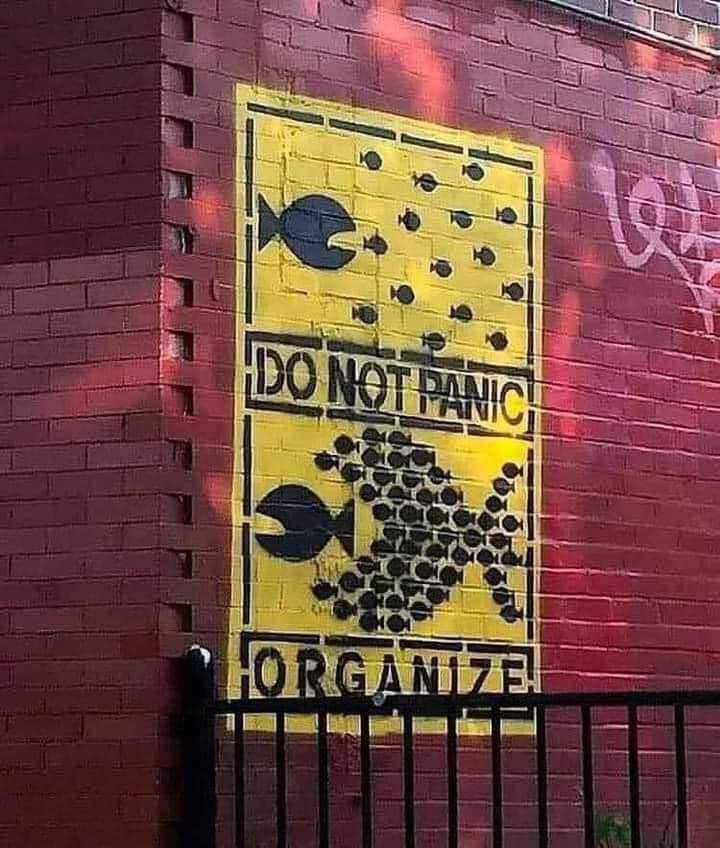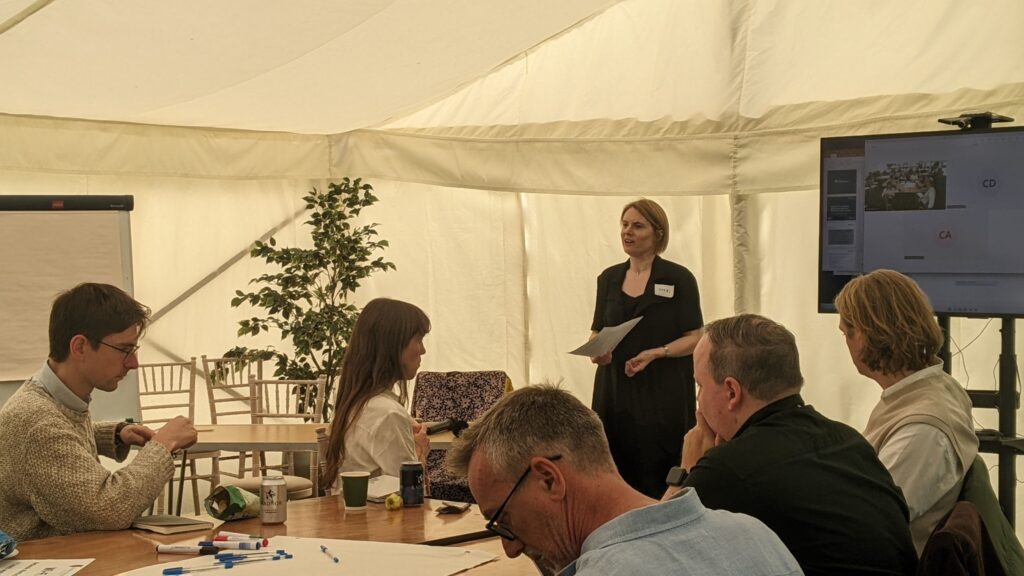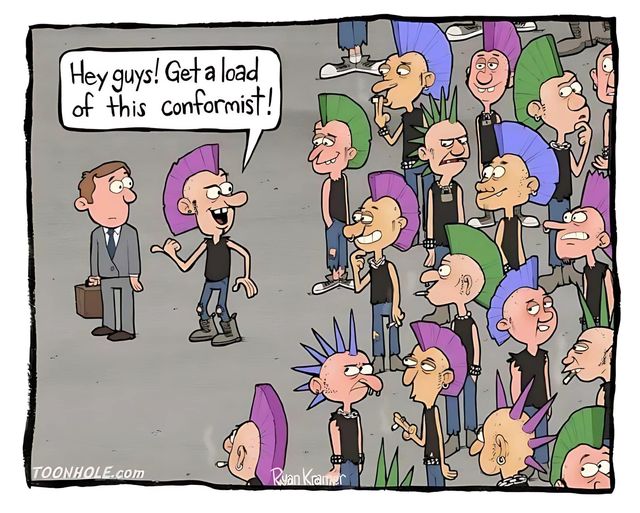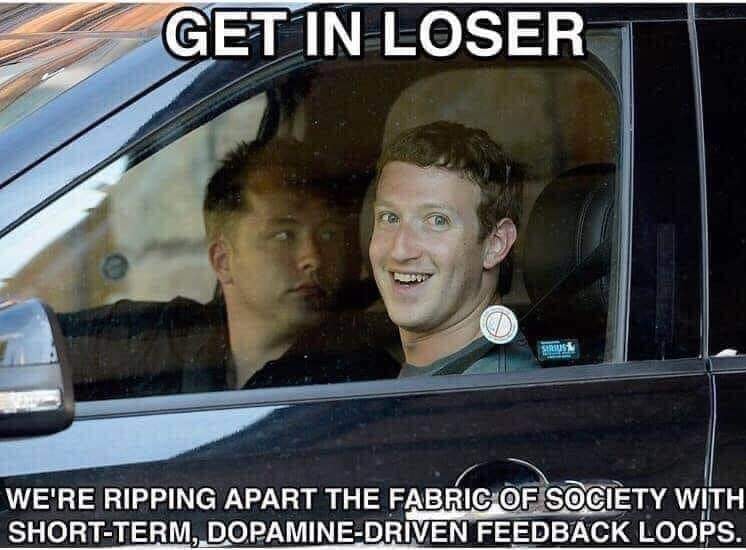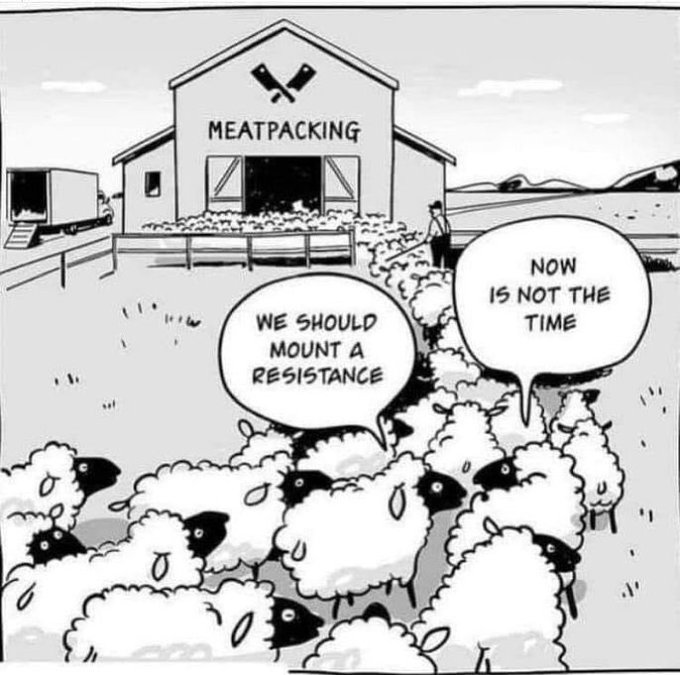
The current path of distraction’s and #stupidindividualism push the cycle of pointless noise that is feeding into our inability to focus on real change. People are busy, swept up in these distractions, and pointless pursuits to be the change and challenge they need to be. It’s a cycle of complacency with a bad outcome. Agitation, anger, and disturbance are powerful motivators, but we need to focus into something meaningful, to avoid drowning in the noise, we need to focus on what’s actually going on. But, in this mess, how do we push people to grow up and focus without falling into the trap of more #blocking or just offering more distractions or ‘better bling’?
The answer is simple and #KISS, by recreating collectives. We’ve seen first hand how hyper individualism (#stupidindividualism) isolates people, leaving them powerless against larger systemic issues. Rebuilding real, engaged, and active communities is key. Movements like #OMN, #OGB, #indymediaback, and #4opens are examples of initiatives that become the change and challenge we need. These projects draw from undercurrents of ideas that we know work, combining them with the best of #openweb tech to grow from small seeds into real change.
But it’s also essential to dig at the roots of the mess: #pomo (#postmodernism) and the #deathcult (#neoliberalism), ideologies that have shaped the mess we’re in, cynicism and cutting off collective alternatives. If we don’t address these root issues, they will keep returning, and we’ll remain stuck in the same cycles of decay.
The #geekproblem is real, it’s the problem of domination and control born out of geek culture shaped by “common sense” paths. Look at the decline of the #dotcons like #failbook and Google, where #fashionista optimism gave way to corporate greed. Then look at early days of #openweb projects like #couchsurfing and #indymedia, we had healthy, thriving native cultures that weren’t obsessed with control. The key is to recognize what went wrong and build on a path that doesn’t repeat those mistakes.
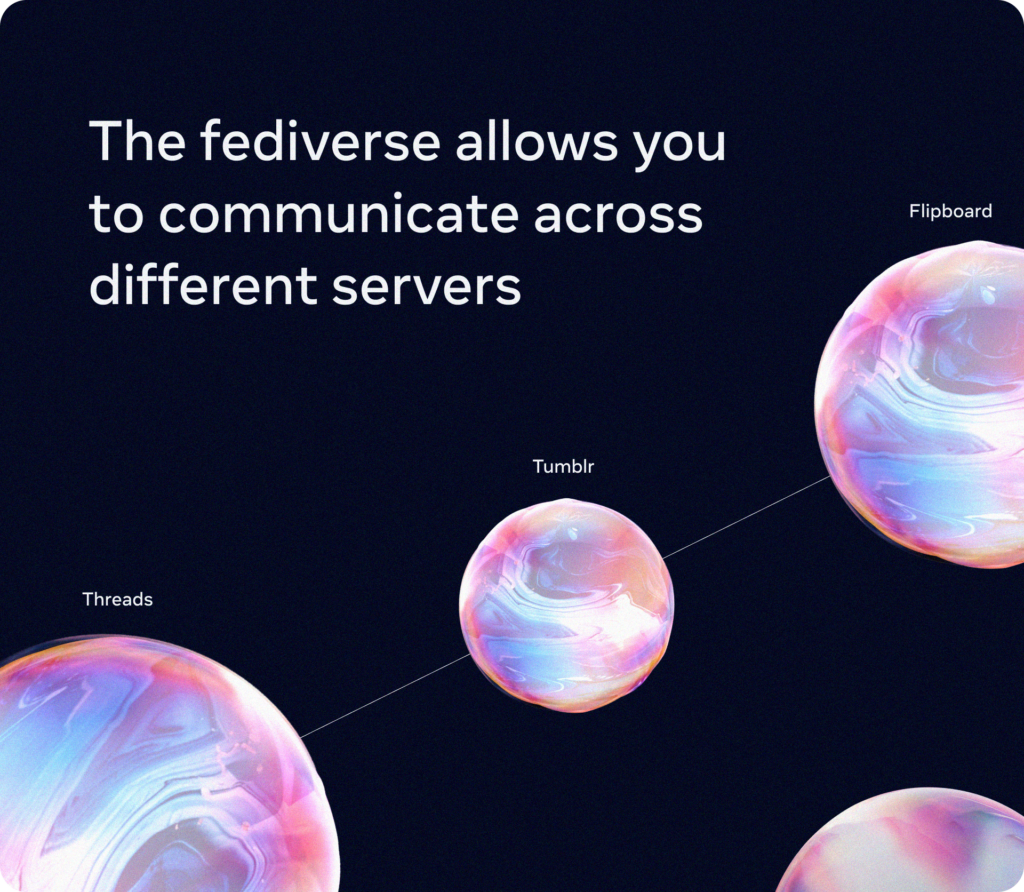
What the #dotcons think the future is, from meta
The challenge is that many within geek culture can’t see the value of projects like #OMN, as it exists outside their narrow, “common sense” world-views. We need to help people see beyond the obvious, look for non-mainstream alternatives, and recognize that the solutions aren’t in the corporate web but in the decentralized, open spaces, commons, we create ourselves.
Now is the time to reboot our own media and to be wary of #fashionista agendas that hijack and dilute the change we need. The way forward is messy, organic, and rooted in collective action. What we can do:
- Agitate and Disturb: Use media, art, and culture to push people out of their comfort zones and make them question the status quo. The hashtag story is a tool to do this.
- Build Collectives: Recreate spaces where people can work together meaningfully, paths that empower communities to balance the current #stupidindividualism. The OMN are projects for this.
- Focus on the Roots: Don’t only address symptoms, dig deep into the core ideologies that keep returning and haunting us, like #pomo and the #deathcult. This website is a tool for this
- Reboot Media: We need to take back control of our media, using open technology to create alternatives that aren’t based on capitalist greed but on #KISS shared values. There is a native project for this indymediaback
- Stay Wary of Distractions: Resist the temptation of ‘better bling.’ The solution is not to make the distractions shinier, but to focus on what matters.
The path out of this mess is in part social tech, which we need to build. It’s time to grow up, pay attention, and start building the world we actually want to live in. A shovel is need to compost the current mess #OMN. But I don’t have the focus to do this, we need a crew.
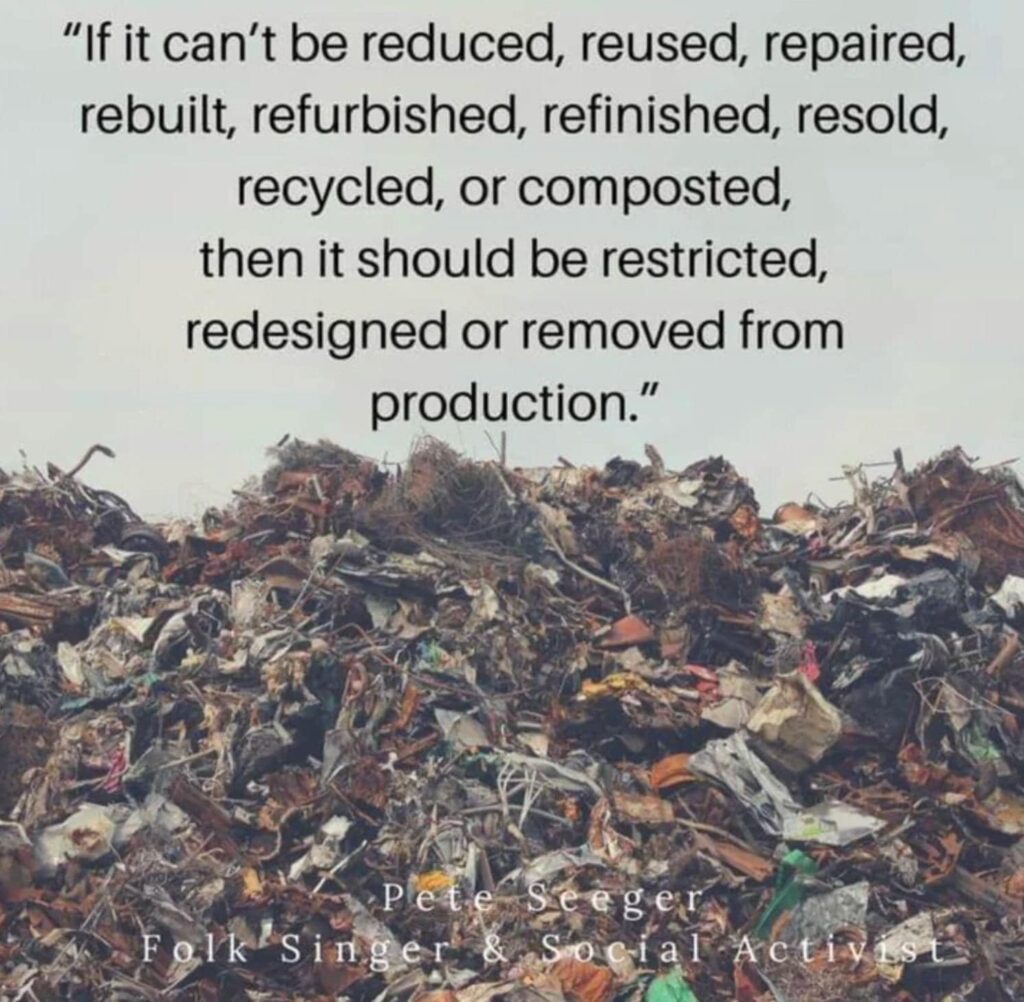
The key part of this is WHO decides, this is a political and democratic issue, not a tech “problem” we need to build with this strongly in mind.
